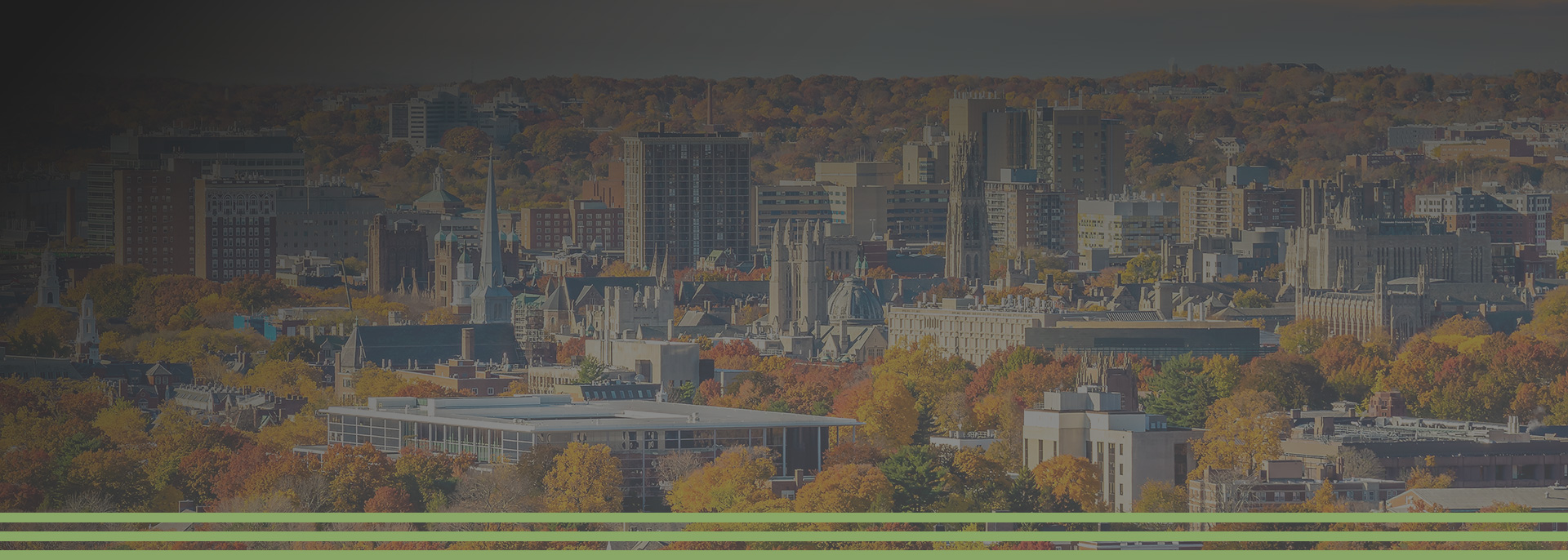Bankruptcy is not an uncommon practice in American life, particularly during periods of economic instability. The average Connecticut resident likely contributed to the estimated $13 trillion in American consumer debt accrued by the end of 2017, and some may find themselves among the estimated 733,000 individuals and businesses that will file for Chapter 7 bankruptcy this year. Thankfully, bankruptcy is a viable and — at times — necessary strategy to handle serious debt issues.
Most consumer debt can be fairly easily handled by a bankruptcy filing. While it can be difficult to prove the necessary undue hardship required for student loans to be forgiven, other forms of debt, like mortgages and credit cards, can be handled either through negotiating a lower payback amount or by filing for bankruptcy. Which option is better depends on the specifics of a given case.
What is more difficult is for some consumers to come to terms with bankruptcy. There is still a negative stigma associated with filing for bankruptcy, which many people still take to heart, causing some to wait until the edge of financial ruin before taking the next step. Many experts agree that it is better to get ahead of the curve and start the filing process before fiscal collapse is looming.
Chapter 7 bankruptcy can be a frightening option for some Connecticut residents to consider. However, with the support of a dedicated bankruptcy attorney, the process can be easier to navigate. With the proper application of good spending practices, individuals and businesses can bounce back from bankruptcy better than ever.
